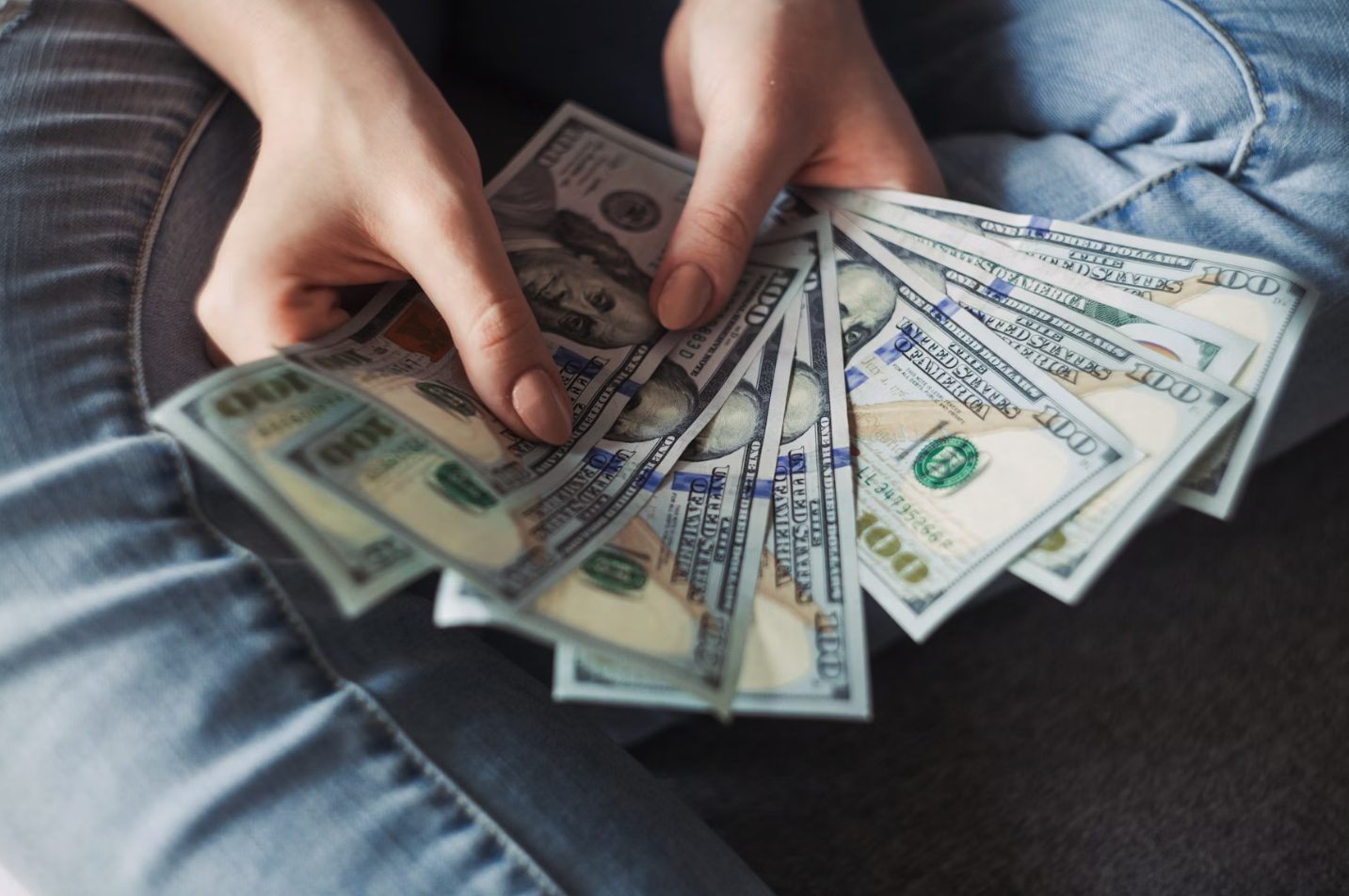How Much Earnest Money Should You Put Down When Buying a House?
When you’re buying a house, earnest money is one of the first financial steps you’ll encounter — and it’s an important one. But how much should you put down? Let’s dive into what earnest money is, why it matters, and how to decide the right amount for your situation.
What Is Earnest Money?
Earnest money is a deposit you submit with your offer to show the seller you’re serious about purchasing their home. Think of it as a good-faith gesture. If the deal closes, the earnest money is typically applied toward your down payment or closing costs. If the deal falls through for reasons allowed in the purchase agreement (like a failed inspection or financing issues), you usually get it back. If you back out for reasons not covered, the seller may keep it (Investopedia).
How Much Should You Put Down?
The amount of earnest money can vary based on local market conditions, but a typical range is 1% to 3% of the purchase price (National Association of Realtors). In a very competitive market, buyers sometimes offer more to make their offer stand out.
Here’s a rough guide:
-
$250,000 home → $2,500 to $7,500 earnest money
-
$400,000 home → $4,000 to $12,000 earnest money
-
$600,000 home → $6,000 to $18,000 earnest money
Some high-demand markets (think major metro areas or luxury homes) may expect 5% or more (Rocket Mortgage). On the other hand, in a slower market, 1% or even a flat amount like $1,000 could be sufficient.
Factors to Consider When Deciding Your Earnest Money Amount
-
Competition: In a seller’s market with multiple offers, a larger earnest deposit can show you’re highly committed — and may give you an edge.
-
Comfort Level: Only commit what you’re comfortable risking if something unforeseen happens and you forfeit the earnest money.
-
Local Norms: Some areas have unwritten rules about what’s standard. Your real estate agent can help guide you.
-
Negotiation Strength: A larger earnest money deposit can make your offer more attractive without having to increase your purchase price.
-
Contingencies: Strong contingencies (like home inspection, appraisal, or financing) protect your earnest money if the deal doesn’t go through (Redfin).
How Is Earnest Money Paid?
Once your offer is accepted, you’ll typically submit the earnest money within a few days. It’s usually held in an escrow account by a title company, real estate brokerage, or attorney until closing (U.S. News & World Report).
Make sure to get a receipt for your deposit and confirm that it’s safely in escrow — you want it protected!
Final Thoughts
Earnest money is a powerful part of your offer. Put down enough to show you’re serious, but balance it with protecting your financial interests. Lean on your real estate agent to advise you based on the property, the competition, and your overall home-buying strategy.
Buying a home is a big decision — earnest money is just one of the many ways you show you’re ready to make it yours.


 Facebook
Facebook
 X
X
 Pinterest
Pinterest
 Copy Link
Copy Link
